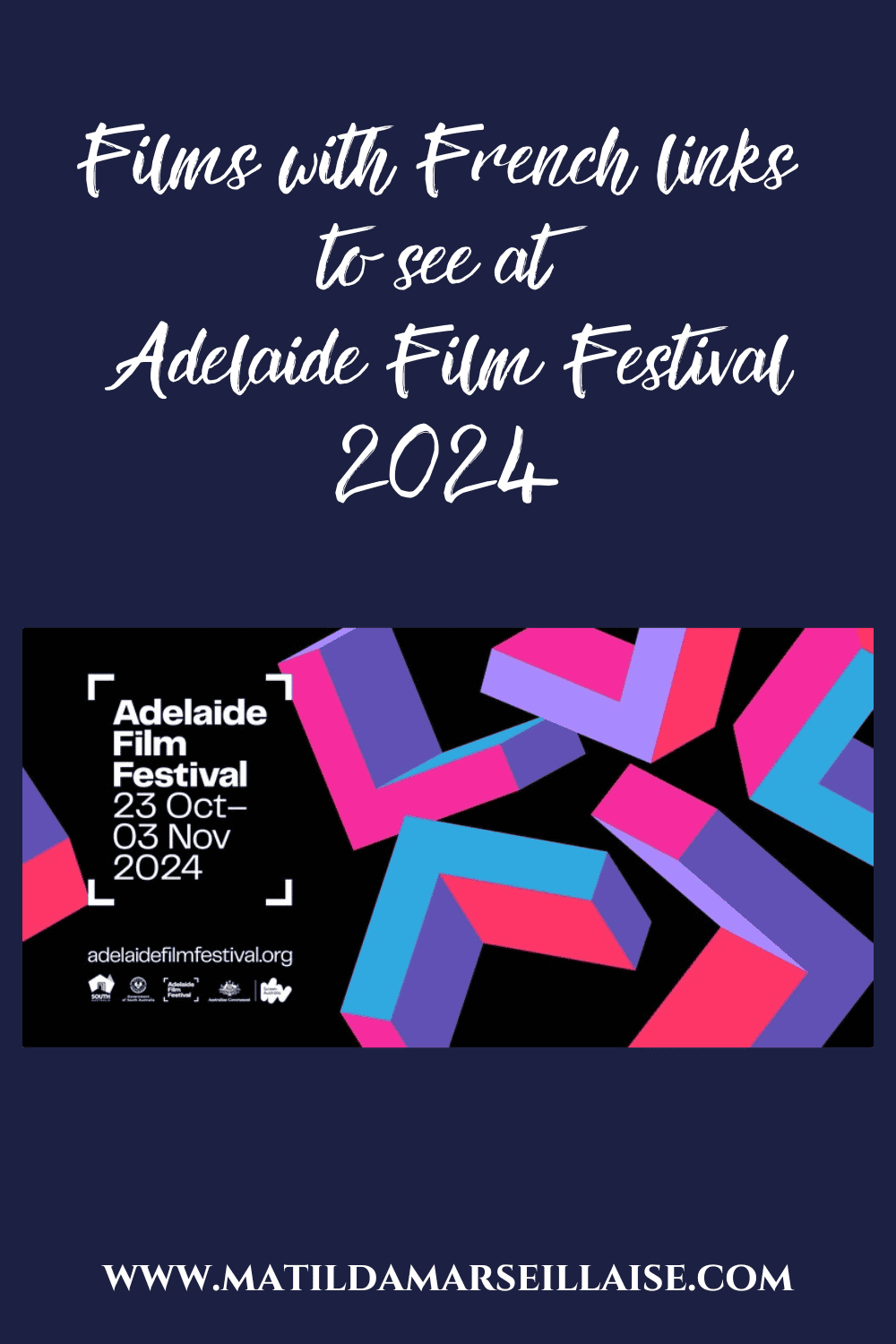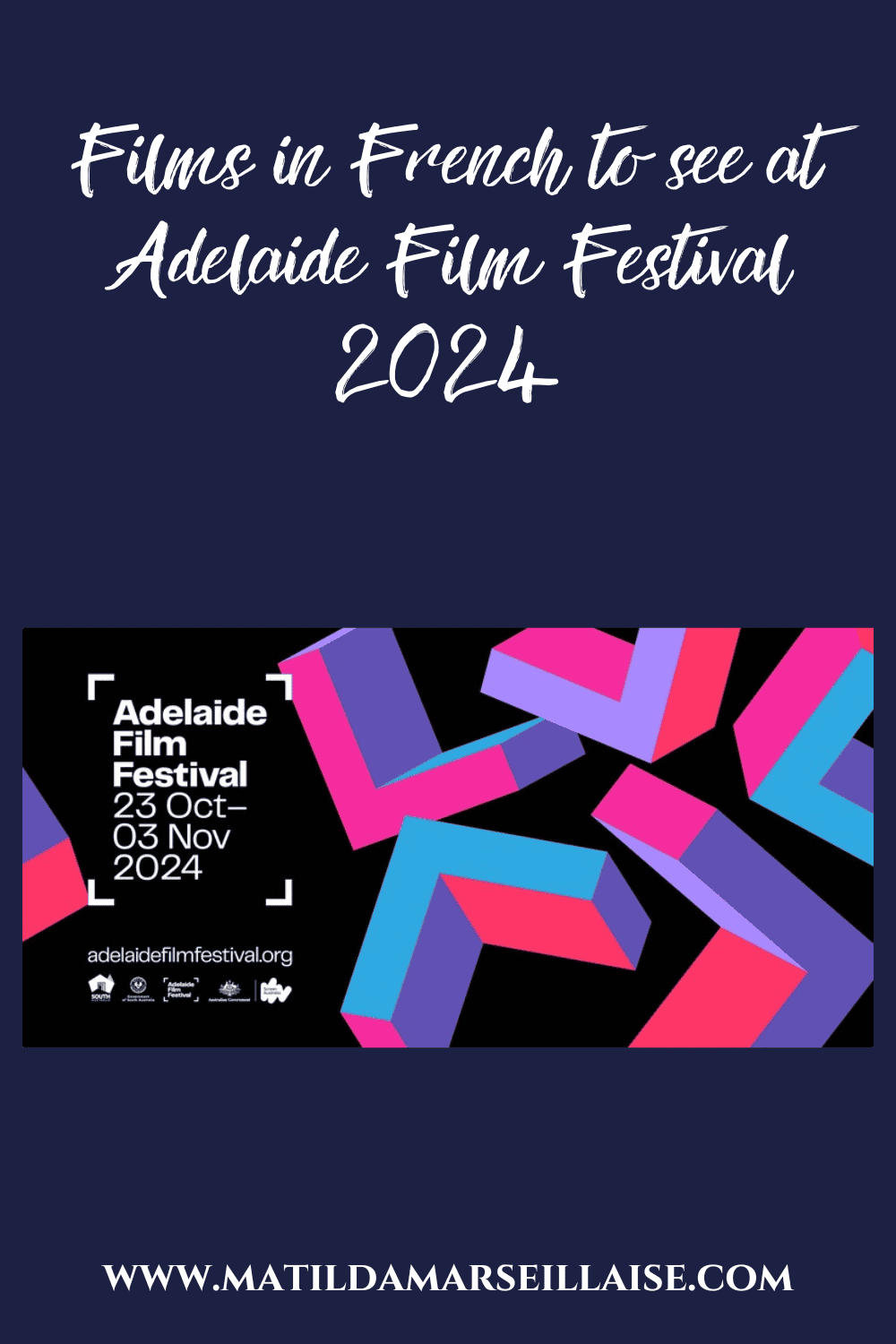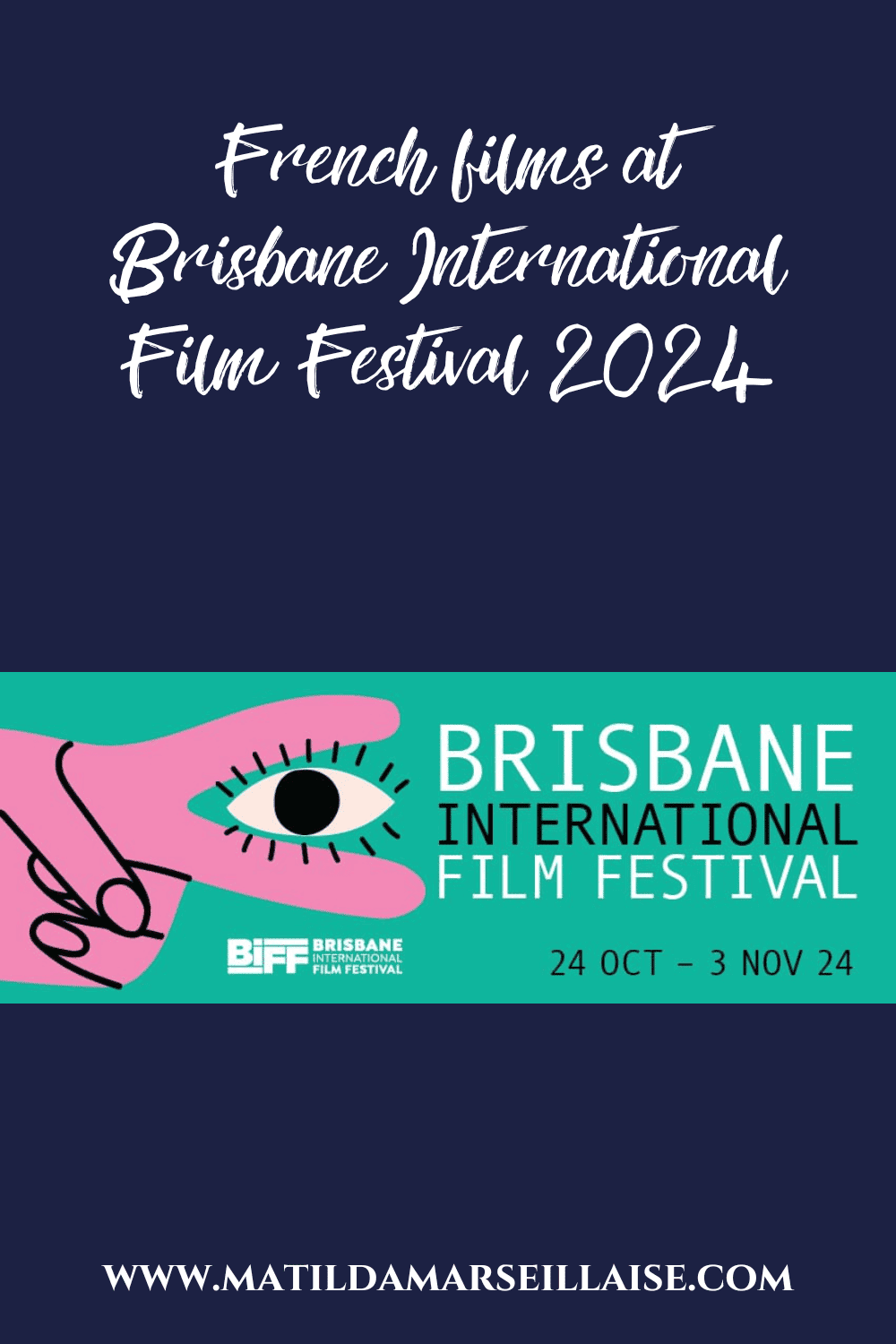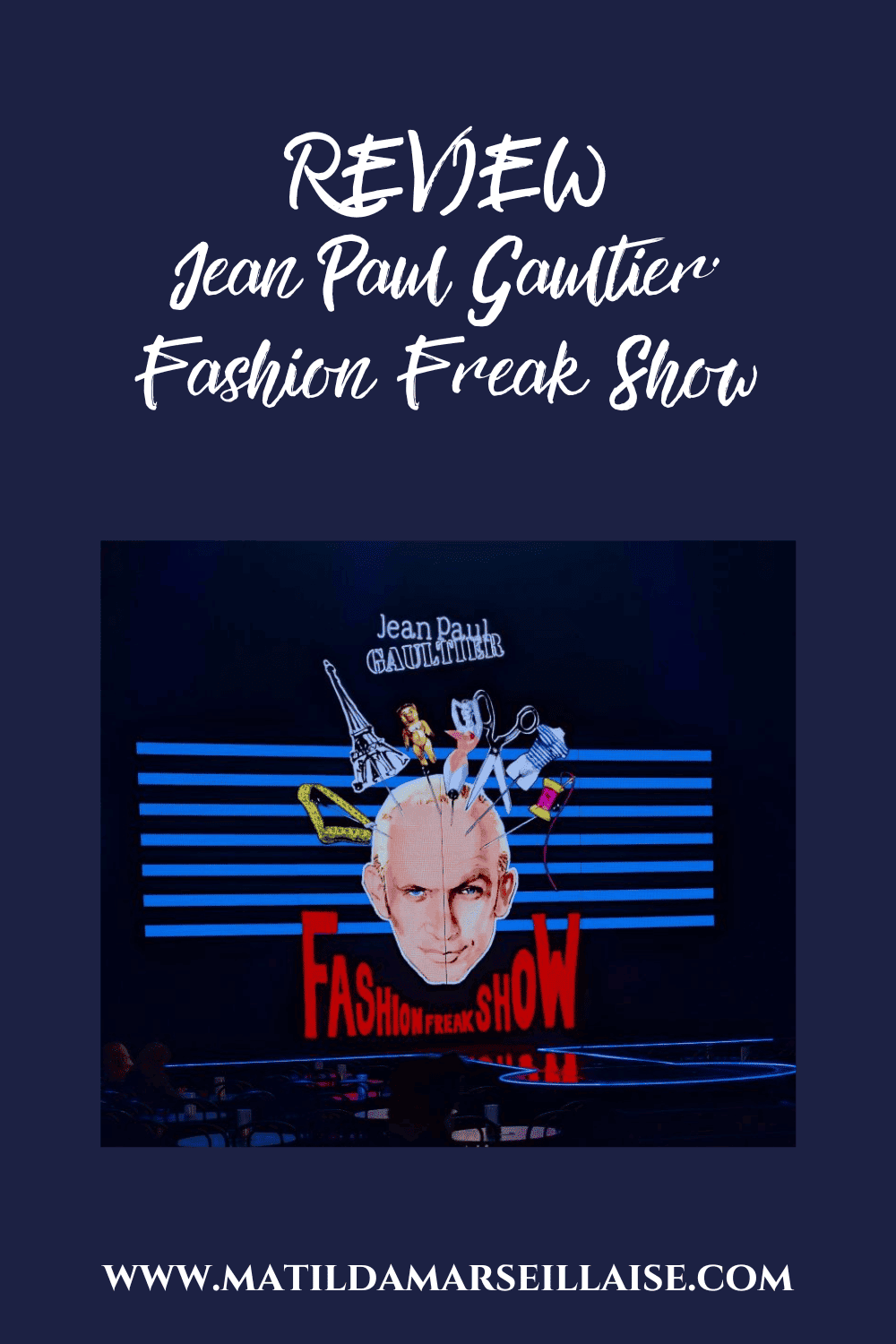Samantha of The Powder Room will be instructing Perfume Masterclasses at the Adelaide French Festival this weekend. Tickets can be purchased here.
Your website describes you as a fragrance specialist. How did you come to be a fragrance specialist?
I have worked in the beauty industry for about 25 years and I attended my first perfume launch when I was 17 and it was a perfume by Estée Lauder called Spellbound. It’s so old it’s ancient now. It’s only just been re-released. I just kind of fell in love with perfume from there. I worked in Australia for a few different cosmetic houses and I really wanted to further my knowledge and I knew that wasn’t possible in Australia so I needed to move. And I started working for British perfume houses. I worked for Penhaligon’s, Floris and Miller Harris. I just completely immersed myself in the world of perfume. I worked in sales, marketing product development, all of those things. So when I came back to Australia I started The Powder Room.
Even though I’ve done some training as a perfumer, I don’t call myself a perfumer. The reason I call myself a fragrance specialist is that I cover lots of different aspects. A perfumer really only makes perfume. What I do is help brands bring to life their fragrance ideas so I help them craft the strategy for the fragrance. They come to me and say I want to make a fragrance and I sit them down and say “what’s important to you?” “What’s the ethos of your brand?” I write a brief based around that. I take that to the perfumer. I work with my perfumer. My job is to translate the vision of the client into the language of the perfumer. Then I will source the packaging – find the bottle. Work with the designer to design the packaging. Work with compliance to make sure everything is compliant. So Fragrance Specialist is a broad umbrella that covers everything and also the education side of the business so we do these perfume masterclasses. I would never call myself a perfumer as I have way too much respect for those who study it for years and years and years to have that. I guess it’s a broader way to describe myself. To be perfectly honest I made that up because it’s like this is my dream job, this is what I want to do. What am I going to call myself? Fragrance Specialist seemed like a good thing.
Do you do that for Australian clients?
Yes, I do that in Australia. A lot of the work I do, I can’t really talk about. One of my clients is a major fashion designer and he just launched a perfume. It’s beautiful and I love it. I worked so hard on it. I basically crafted everything behind that fragrance. Because it’s a fashion designer they don’t want their competitors to know who their suppliers are. There are not many brands in Australia who do true niche perfumes but that’s one of the aims of my business is to change that. I specialize in small runs. A small run for perfume is 1,000. You think about massive brands and they do runs of millions and millions of bottles. So fashion designers, I want to give them the ability to create fragrance and have an extension to their brand.
Can you tell us a little bit more about the Masterclass you’re offering at the Adelaide French Festival?
The class is an introduction into the world of perfume. It’s really for anybody. It could be for someone who is intrigued by the world of perfume and would like to understand a bit more, would like to know how to choose a new fragrance. I get a lot of perfumeistas who are really absorbed in the world of perfume and quite obsessed with it. They love coming to the classes. Basically it’s a combination of my years of experience and also from the Cinquième Sens in Paris. I am the Australian representative for a perfumery education centre in Paris, Cinquième Sens. Basically I am the representative here so I have the ability to host all of their classes here. I adapt their classes to the local market.
This particular class is the one that is most popular. Unlike many other countries with Cinquième Sens like Brazil, Singapore or New York they have a perfume culture so they have a lot of perfume houses there. In Australia some of their classes aren’t particularly relevant here. I’ve taken bits of all the classes and put it into one. So basically what you learn is about the history of perfume which is fascinating. You could literally talk for hours about it.
I went to the Musée du Parfum in Paris, which I think is run by Fragonard; it was interesting.
Fragonard were one of the first to let people in behind the curtain of the perfume world. It’s such a secretive industry. One of my aims is to demystify that a bit. Perfume is a beautiful thing, it’s incredibly personal. This class is designed to give people the tools to understand a bit more about that perfume. To know that that beautiful perfume you buy is an exquisite art work, created by someone with years and years of experience. So we run through all of that, we learn about raw materials, the building blocks of perfume and how it is created. We learn about how the raw materials are created. So we smell some really interesting raw materials like ambergris, some very rare rose de mai. We talk about the fragrance families and then guests have the opportunity to make their own fragrance under my guidance.
When I was reading about it there was mention of the Olfactorium®, described as a perfume organ. Could you please explain a bit more about that?
So the perfumer’s organ is what the perfumer sits in front of when he is creating the fragrance. Depending on what raw materials he has, it can have anywhere from a couple of hundred to 2,000 different materials. Creating a perfume is like a recipe – you have x amount of grams of his and x amount of grams of that. So the perfumer’s organ is what they sit in front of them with all of their raw materials in front of them.
The Olfactorium® is a wonderful tool from Cinquième Sens that they have created which is a mini-perfumer’s organ so it is a little box that has 19 different raw materials. The 19 raw materials are representatives of accords which represent the 19 fragrance families. You may have heard of Michael Edwards’ fragrance wheel. We don’t operate on the base of that. We go back further than that. Perfume families are relatively similar.
Cinquième Sens work on the model that there are 19 fragrance families and most perfumes can fit into one or two of those. The Olfactorium® is comprised of little bottles of those 19 fragrance families and the reason we do that is that it gives customers the opportunity to create quite complex fragrances with very little raw materials and very little training. You think of perfumers who train for 9 years before they can call themselves a perfumer. In my class you get 45 minutes of training before you make your own perfume. It gives you the ability to create something quite lovely without a lot of raw materials and without a lot of training.
The organ is little tiny dropper bottles in a cute little box.
What I normally do is run through the 19 fragrance families, we discuss them. We give everyone an opportunity to have a bit of a sniff and then I guide them on writing a formula to create a perfume. For example, some of the raw materials in there are light floral, heavy floral, gourmande, powdery note, marine note, fougères, which is a French fragrance family meaning fern-like, chypre, oriental, amber, musk. So basically think about a recipe or a cocktail. Mixing these different beautiful scents to create your desired end result perfume.
How did you come to be the Australian representative of Cinquième Sens?
I had been doing these Masterclasses for some time and I just really wanted to take it to the next level. The challenge in Australia is that we are so far away from the Centre of Perfume and even though I’ve had years of experience, I wanted something to give me that extra edge and I guess authority in the perfume world. I read about the Cinquième Sens and emailed them and told them what I do and who I am and said that I’d love to know if there’s a way for us to work together. It so happened that it was at a time that they were embarking on a global expansion so after embarking on quite rigorous testing to understand if I fit in with what they wanted to do and whether I had the skills and knowledge to be their representative. I paid them a sizeable fee to be able to use their name and their logo. It’s been really good. There’s one in Singapore, in Brazil in India, in New York in Milan and we are all licensees. I think I was the second or third one. It’s really lovely to have a global network of perfume professionals. We all run our businesses very differently. In Brazil , they are a massive market there. They train perfume students.
All of our businesses are our own. I am The Powder Room but also the representative of the Cinquième Sens. We all help each other out.
Do you have favourite perfume?
I own hundreds of perfumes. It’s a bit ridiculous. They are kind of hidden everywhere in my office and my home. I can find perfume in the weirdest places as well. I was in Cape Town on the Cape of Good Hope and I found a perfume in the gift shop. I can’t help myself.
Is it the actual fragrance or the cute bottles?
Sometimes it’s more about the experience or the place. I have a terrible shoe and perfume fetish so wherever I go in the world I must buy perfume and shoes. It’s really lots of different things. So because I have so many it’s difficult to say I have a favourite. I guess the best answer is that I tend towards niche perfume brands. I am not a mass market perfume wearer. I will not buy perfume in Myer or David Jones that’s not the sort of perfume that I purchase. I tend to be more the really tiny discrete perfume houses that you’ve never heard of. Or the really avant-garde weirdo perfume out of Brooklyn that no one has heard of. So I tend towards really unusual fragrances. If you can guess what I’m wearing then I haven’t done my job properly.
Is there a fragrance family that you tend towards?
I tend towards very rich fragrances so that can be anything from a deeply intense tuberose oriental fragrance to a really strong oud fragrance or a leather fragrance or chypre. I like rich fragrances.
That being said, I admire all perfumes. I own perfumes that I don’t actually wear but I admire the construction of it and the artistry behind it. D
Different perfumes can smell completely different on different people. Does the class touch on any of that?
Yes, absolutely. It does explain how fragrances work with our own body chemistry so understanding how all the different raw materials interact with your skin. A lot of it has to do with your skin type and skin colour. So for example, my background is Mediterranean so I have dark olive skin so rich florals and orientals and woods work really well whereas light florals dissipate really quickly. Someone who has very pale skin, light florals work really well but heavy fragrances will be really overwhelming and not sit well on your skin.
Your body chemistry changes over your life time. Perfume reacts with the oil content in your skin. As you get older, your oil content reduces. Definitely as women where we are in our cycle affects how fragrance sits on our skin. If we are hot as well. Never go shopping for perfume after you’ve been to the gym!
Definitely over time your skin changes and how fragrance sits on you.
The flip side of that is that people say my perfume has changed is it me. Perfume houses will swear black and blue that they haven’t changed but I can guarantee you they have. There are a couple of reasons why. The first is that if some of the raw materials are not available to use in perfume any more – especially a lot of the old school perfumes, a lot of those raw materials cannot be used. For example, Oakmoss was a fragrance heavily used in the 70s but it can only be used in very, very small amounts as it is deemed as carcinogenic. So if you’ve got a fragrance that is heavy on the Oakmoss you’ve got to take that out and it completely changes the fragrance. So that’s another one of the reasons why synthetic is important in perfume and I dispel the myths about synthetic being bad in perfume.
So many people say that perfume is full of synthetics and it is but there is a very good reason why and all of the synthetics are thoroughly tested before they are used.
Anything else?
This class is for everybody. You don’t have to be obsessed with perfume. It’s a nice gift for someone as well. I’ve had people come along to my classes and say this was given to me as a gift and I’m not really interested in perfume but by the end they are interested. It’s not just something that smells nice. It’s art and history. The class encompasses a lot of different areas.





